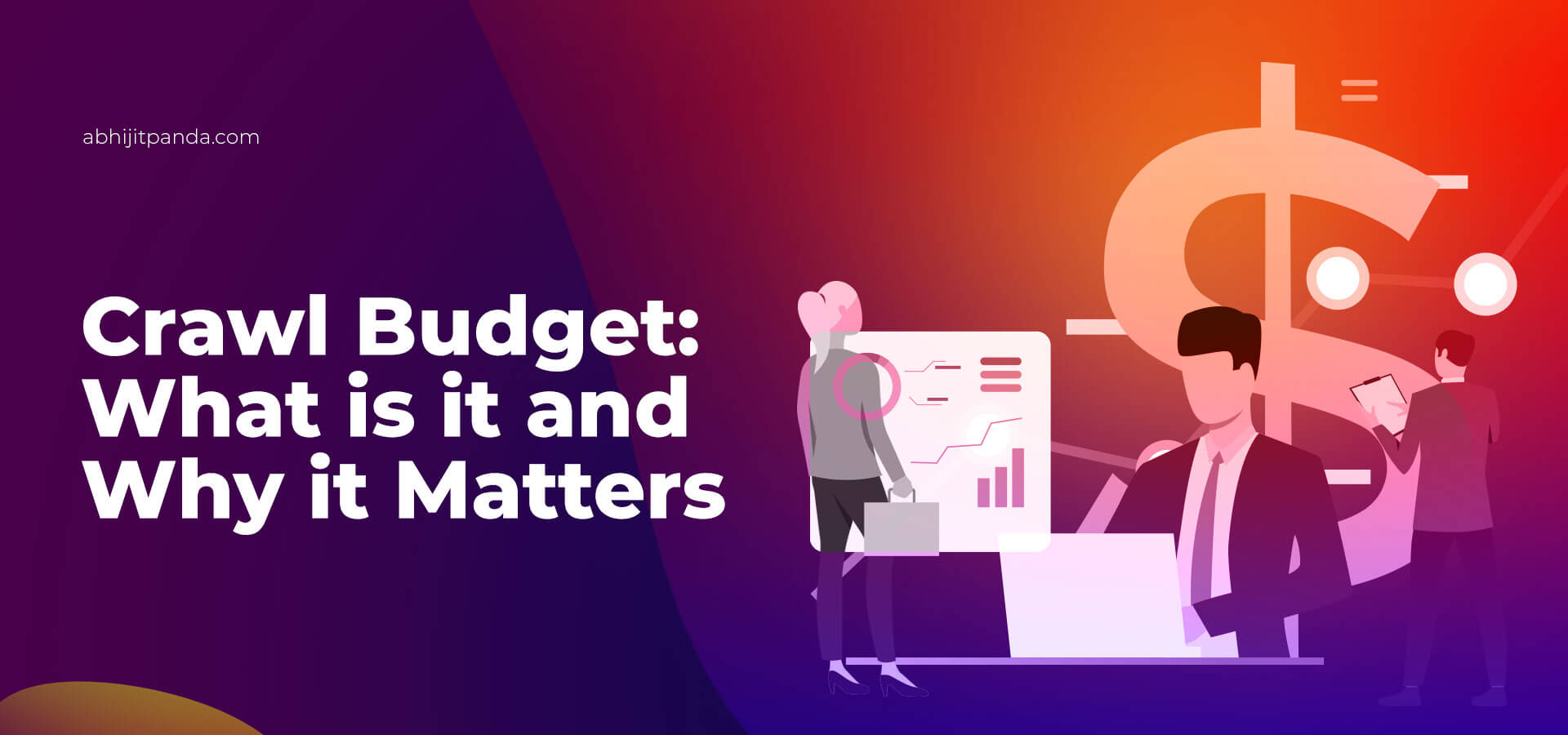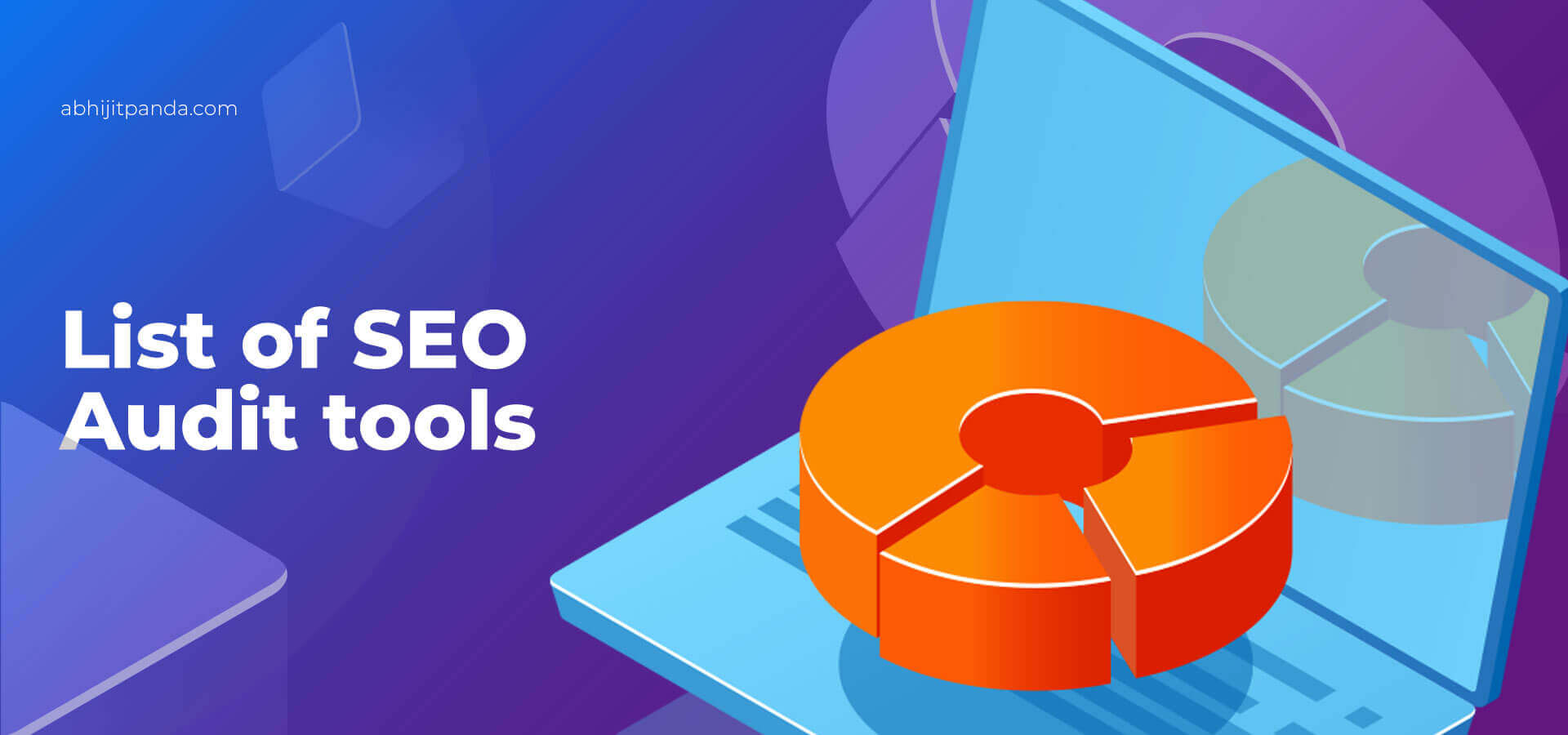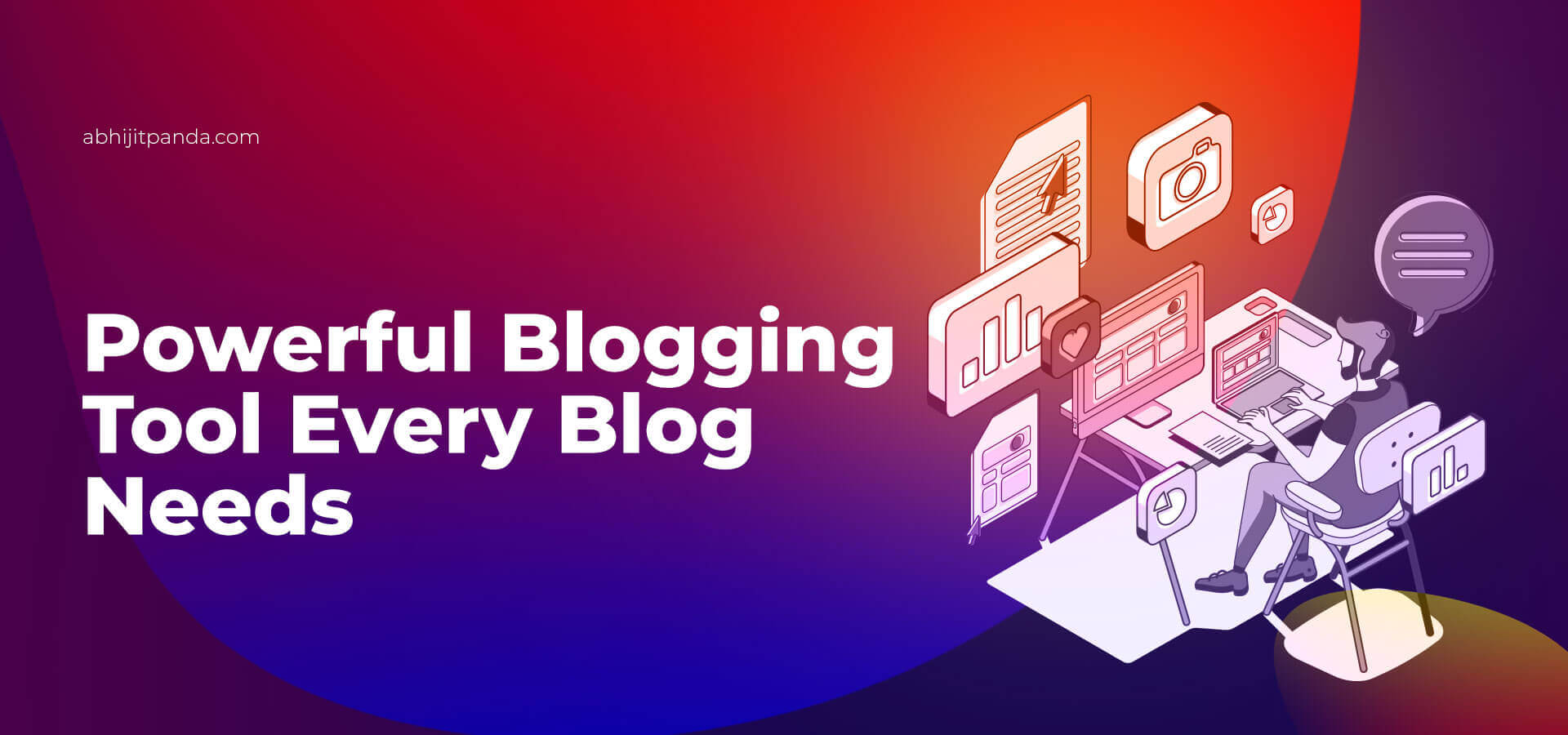 Crawl Budget: What is it and Why Does it matter?
Crawl Budget: What is it and Why Does it matter?
While indexing websites, search engine crawlers emphasize on indexing web pages without impacting the experience of the website visitors. They adhere to the crawl rate limit to collect information from a website at the maximum fetching rate. The number of URLs on a website crawled by search engine crawlers like Googlebot on a single day varies based on a number of factors including the size of the website. The website owners and webmasters can easily make Googlebot crawl additional URLs on a website by increasing the crawl budget.
According to Yoast.com, “Crawl budget is the number of pages Google will crawl on your site on any given day. This number varies slightly from day to day, but overall, it’s relatively stable. Google might crawl 6 pages on your site each day, it might crawl 5,000 pages, it might even crawl 4,000,000 pages every single day.”
However, the definitions of crawl budget differ across websites. Google advises webmasters not to focus on and worry about the crawl budget. However webmasters cannot improve the search engine visibility and ranking of websites without focusing on crawl budget optimization.
Why Crawl Budget is one of the Most Important Concepts in SEO?
Unlike other website statistics, the crawl budget cannot be measured and expressed as a single number. Webmasters can use the crawl budget as a parameter to measure search engine ranking and performance of a website based on two important factors – how many pages search engines index from the website and how frequently search engines crawl web pages from the website.
As noted earlier, major search engines like Google recommend webmasters to ignore the crawl budget while implementing search engine optimization (SEO) strategies. But Google clearly mentions that crawling and indexing of a website is impacted by a number of factors – low-quality content, on-site duplicate content, soft error pages, hacked pages, complex navigation structure, and infinite spaces.
Webmasters cannot get regular search engine traffic to the website without resolving the issues that make it difficult for search engines to index and crawl important web pages on the website quickly and efficiently. While implementing an SEO strategy, they can make it easier for search engines to crawl more web pages by increasing the crawl budget consistently. There are a number of reasons why webmasters must focus on crawl budget optimization as an important aspect of SEO.
Ensure Each Page is Indexed by Search Engines
The webmasters add new web pages and update existing web pages regularly to keep the website visitors engaged. But the potential visitors cannot see the new pages and updated pages unlike search engines index and crawl them. Webmasters can make search engines index all pages on the website simply by focusing on increasing the crawl budget.
Make Search Engines Index All Web Pages on Large Websites
Many websites these days are developed with thousands of web pages. Likewise, many websites allow visitors to read content and information in their preferred languages. While indexing a website, crawlers adhere to the crawl rate limit set by search engines like Google. Webmasters can make the crawlers index all web pages on a large website quickly by optimizing the crawl budget.
Make Changes and Updates Appear on Search Results
Google recommends webmasters update website content frequently to deliver relevant and up-to-date search results. However, the changes and updates made to the website will not reflect on search results if the search engines do not crawl the web pages efficiently. Crawl budget optimization helps webmasters to make the changes made to the website appear on search engine results pages.
Make the SEO Strategy More Effective
While implementing SEO strategies, webmasters focus on adopting the latest search engine guidelines and implementing white hat SEO techniques. But the webmasters cannot leverage white hat SEO techniques fully without optimizing the crawl budget. They must focus on crawl budget optimization to make the search engine index all web pages on the website before applying various SEO techniques.
15 Crawl Budget Optimization Tips for Webmasters
Allow Search Engines to Crawl Robots.txt Fully
While crawling a website, search engines refer to its Robot.txt file to understand the URLs that can crawl and can’t crawl. Webmasters can easily make search engines crawl all URLs on a website by allowing them to crawl all important pages on the website fully and freely. The unrestricted access will make the crawlers gather information about the pages to be crawled. However, the webmasters must keep the Robots.txt file up-to-date using a robust website auditor tool. Here is a guide on Robots txt file and its importance.
Minimize Redirect Chains
As a series of redirects, redirect chains redirect the search engine crawler from one page to multiple pages. Hence, search engine crawlers find it challenging to crawl all URLs on the website in a short amount of time. Webmasters can easily optimize the crawl budget by keeping the number of redirects in the redirect chain low. It is also advisable to reduce the number of redirects in the chain two. The decrease in the number of redirects will make the search engine crawler new and additional URLs quickly.
Replace JavaScript and XML with HTML
Search engine crawlers crawl HTML much faster than other widely used web technologies like JavaScript, XML, and Flash. Webmasters cannot build dynamic and interactive websites without using JavaScript and XML. However, they must explore ways to replace web technologies with HTML without impacting the website’s look, feel, and functionality. Also, they must consider using HTML5 videos as a robust alternative to Flash.
Fix HTTP Response Codes from 400 to 599
A website’s crawl budget is directly impacted by HTTP response codes ranging from 400 to 599. Also, specific error pages like 401 and 410 impact the crawling budget. While implementing crawl budget optimization, webmasters must focus on identifying and fixing both client-side errors (400-499) and server-side errors (500-599). They can easily identify client and server errors using a widely used website audit tool.
Consolidate Duplicate URLs
While crawling a website, search engine crawlers consider and treat each URL as an individual web page. Hence, crawlers need additional time to crawl websites with multiple URLs. While optimizing the crawl budget, webmasters must focus on conveying URL parameters clearly to the search engines. They can further use canonical URL tags to eliminate content duplication issues when multiple URLs display similar and identical content.
Update Sitemap Frequently
The sitemaps convey important information about a website – web pages, images, videos, and other files – to the search engines. Webmasters often ignore the significance of updating the sitemap each time the website is updated. When the sitemap is not updated frequently, the search engines do not crawl the new URLs. Webmasters can easily optimize the crawl budget by keeping XML sitemap up-to-date. They can use widely used WordPress SEO plugins like Yoast Plugin to create the sitemap on the fly and update the sitemap automatically.
Indicate Localized Web Pages using Hreflang Tag
Many websites these days deliver information and content in multiple languages. Search engine crawlers often fail to distinguish between localized pages and universal pages on a website. While implementing crawl optimization, webmasters can make it easier for crawlers to identify and distinguish the localized pages using hreflang tags in the header. The hreflang tags will make the crawler distinguish between region-specific and region-specific web pages while crawling the website.
Minimize and Avoid Low-Quality Content
While indexing a website, search engines often ignore thin content pages and duplicate content pages. Webmasters cannot increase the crawl budget without removing all duplicate content from the website. Likewise, they must prevent search engines from indexing the thin content pages. At the same time, it is also important for webmasters to add value to the thin content pages by replacing the short-form content with long-form content.
Prevent Search Engines from Crawling URLs with Parameters
Often e-commerce websites make it easier for customers to find more relevant products by supporting URLs with parameters. However, the number of URLs increases significantly as the customers use a wide variety of parameters. The increase in the number of URs impacts the crawl budget directly. While implementing crawl budget optimization, the webmasters must prevent the search engines from crawling the URLs with parameters by adding nofollow attributes and making changes to the Robot.txt file.
Reduce the Number of Non-Indexable Pages
While implementing crawl budget optimization, webmasters must separate indexable pages from non-indexable pages. They must remember that the indexability of a website is impacted when it contains more non-indexable pages. Hence, they need to indicate the error pages, redirects, and non-indexable web pages clearly to the search engine. Also, webmasters need to ensure that the indexable web pages are not referencing non-indexable web pages. They can easily distinguish the non-indexable pages by making changes to the Robots.txt file.
Focus on Generating External Links
While exploring ways to increase the crawl budget, webmasters must focus on enhancing the website’s online reputation by building high-quality external links. Despite frequent search engine algorithm changes, external link building has remained an effective SEO technique. Webmasters can use backlinks as a robust tool to convey the popularity and reputation of their websites to search engine crawlers. The webmasters must implement an external link generation strategy to make the search engine crawler visit the web pages frequently and improve the crawl budget consistently.
Identify and Fix Crawl Errors
Often crawl budget is impacted hugely by a number of crawl errors. There are a number of reasons why search engine crawlers visit and crawl certain websites. Webmasters can easily identify the crawl errors using the Google search console. Google search console highlights the crawl errors by producing an index coverage report. The webmasters can refer to the index coverage report to understand if the submitted pages have crawl issues. Also, they can use the tool to request Google to index and crawl web pages by sending an email.
Measure and Improve Loading Speed
The loading speed of web pages directly impacts their search engine visibility and user experience. Also, the website’s loading speed affects the crawling budget by preventing the search engine from crawling more pages quickly and efficiently. Hence, webmasters can easily optimize the crawl budget and improve the website’s search engine visibility by making the web pages load faster. They must use online tools to measure the loading speed of web pages frequently. Also, they must keep in place a strategy to speed up the web pages.
Keep the Website 100% Secure
Major search engines like Google do not index websites frequently if they are not secure. The webmaster must remember that security issues impact the website’s credibility and decrease the crawl budget. They must explore ways to make Google trust the website by adhering to the latest search engine guidelines related to web security. For instance, Google recommends website owners boost website security using HTTPS instead of HTTP. However, webmasters must leverage security tools and services to monitor website security continuously and resolve security issues proactively.
Publish Fresh Content Regularly
The most effective way to increase the crawl budget is to publish fresh content regularly. The search engines index and crawl websites that post fresh content on a regular basis. In addition to removing duplicate content, webmasters must explore ways to keep the website fresh. They can easily keep the website fresh by posting new blogs and adding new web pages. However, the webmaster also has the option to increase the crawl budget by modifying or updating existing content and getting backlinks from new websites.
As an important concept in SEO, crawl budget impacts the number of URLs on a website crawled by search engine crawlers like Googlebot. Google does not consider the crawl budget as a key ranking factor. Also, it advises webmasters to ignore the crawl budget. But no webmaster can divert more and regular search engine traffic to the website without optimizing the crawl budget. Hence, they must focus on crawl budget optimization while implementing and updating SEO strategies.
The Blog has been reposted in January 2024.








Leave a Reply